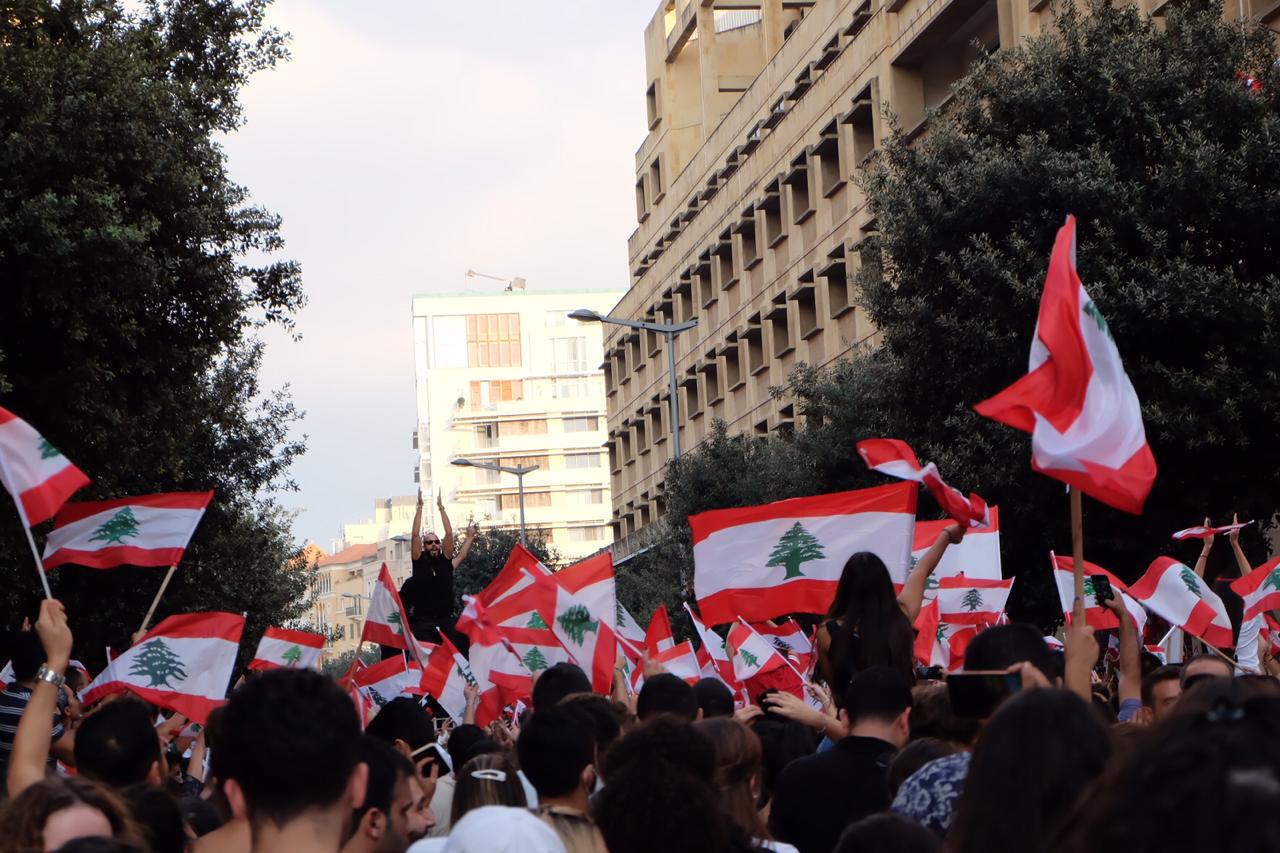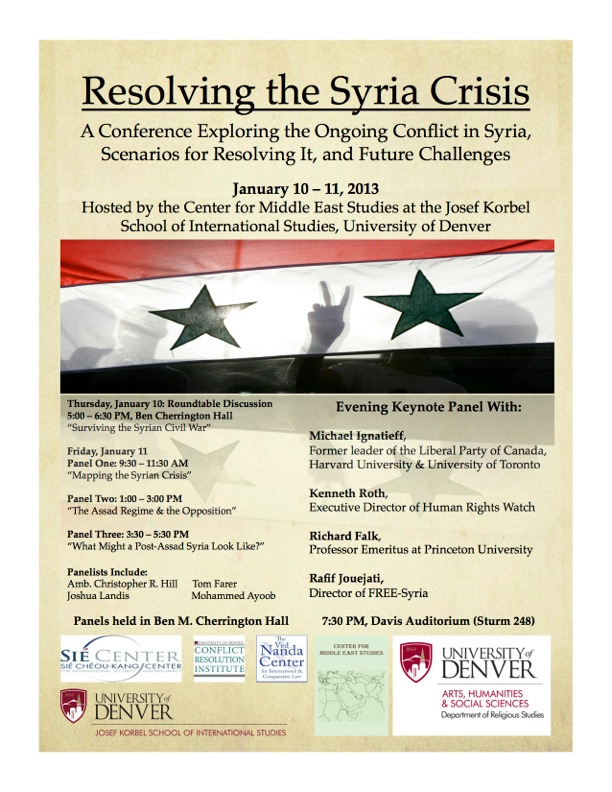By Navin Bapat, Rebecca Best, and Simanti Lahiri
Last month, Israel designated six Palestinian non-governmental organizations (NGOs) terrorist organizations. Terrorism designations carry legal consequences for designated groups and those who work with them, and can jeopardize peace talks and access to humanitarian aid.
Defense Minister Benny Gantz argued that the groups have ties to the Popular Front for the Liberation of Palestine (PFLP), which was among the first groups designated a Foreign Terrorist Organization by the United States. But human rights organizations, the European Union, and some countries say that Israel has provided no evidence of these connections and that designation will compromise the important human rights work these groups do. The move could also jeopardize Israeli Prime Minister Naftali Bennett’s tenuous governing coalition.
Why is Bennett risking relations within his coalition government and with allies to label six NGOs as terrorists? The answer lies in the power-sharing agreement Bennett made with moderates, which obligates him to hand off power to Foreign Minister Yair Lapid in September 2023. Bennett has until then to enact as much of his own nationalist agenda as he can before he loses the opportunity. If the coalition collapses before then, Bennett may even have a shot at consolidating the nationalist vote.
What are the immediate implications of the designations?
The designations do not change Palestinian opinions of the groups, and likely do not change the views of Israelis. However, they may affect the ability of these groups to raise money and carry out their missions. Research shows that donors seek to reward NGOs that have a reputation for success, are able to translate resources into tangible outcomes, and are able to easily absorb resources.
Israel’s designation attacks each of these three conditions. The terrorist designation, even if it is untrue, damages these groups’ reputations, and donors may prefer to provide resources to less controversial groups. Further, granting aid to these groups increases the political risk to donors by exposing them to legal jeopardy, since providing funds to designated terrorists, knowingly or not, is illegal. Most financial institutions would hesitate to do business with anyone accused of supporting terrorism, especially given US sanctions against the PFLP and the United States’ close relationship with Israel. Donors therefore must worry not only about legal jeopardy, but also their ability to conduct future global transactions. The designation further hurts the ability of the groups to translate resources into tangible action, since the groups’ members are subject to arrest, their assets may be seized, and their ability to finance anything or do business with other firms is compromised by their designation as terrorists.
Designation impedes effective operation of the designated NGOs regardless of whether donors or individuals believe the groups are actually terrorists. Designation also risks radicalizing the civilian population who depend on the resources these organizations provide.
Why would Israel jeopardize the peace process in this way?
Prime Minister Bennett seems to have wagered that designation could help him politically in the short term. The logic is similar to that of economic sanctions. Sanctions coerce by increasing the price individuals must pay to do business with target governments, which in turn encourages the suspension of contracts or divestment. From Bennett’s perspective, the use of terrorism designations weakens the Palestinians in two ways. First, they reinforce Palestinian dependence, making it harder for Palestinian NGOs to advance the interests of their community. Second, they render the Palestinians incapable of resisting Israel’s expansion of settlements.
Bennett, historically to the right of Netanyahu, took heat from conservatives for forming a coalition government with centrists. Designating these groups and expanding Israeli settlements in the occupied West Bank locks in Israeli Prime Minister Bennett’s nationalist agenda before Lapid assumes power in 2023. If he can produce the results hardliners want in spite of this, he may be able to supplant Netanyahu.
Heightened tensions between Israel and Palestine will strain Bennett’s governing coalition, which broke with him little more than a month into his term to reject renewed restrictions of Palestinians’ access to Israeli citizenship. Bennett may hope to appeal to Netanyahu’s base by taking a hardline approach to Palestine. And if settlement expansion, crackdowns on Palestinian rights, and closing off civil society as an avenue for change lead to an increase in Palestinian violence, some research suggests this may increase Israeli voters’ appetite for right-wing policies.
If Bennett intends to undermine the power-sharing coalition to consolidate his own power before the scheduled hand-off, a few other factors make this a prime opportunity. At home, Bennett’s chief rival Netanyahu is still on trial and facing opposition from within Likud as well as rumors that he may retire. If Netanyahu departs—by choice or otherwise—the glue holding the coalition together goes with him, and his supporters may back a rival hardliner. But Bennett will only be able to draw this support then if he can deliver results now.
Designation of terror groups raises barriers to peace processes. The Israeli designation of peaceful Palestinian NGOs is an even greater risk to peace; it weakens designation’s legitimacy as a counter-terrorist strategy, and is a worrying sign of democratic backsliding. Governments sometimes use the term “terrorist” to slander political opponents and weaken social movements, but usually these accusations remain rhetorical in nature. Bennet’s use of legal terrorist proscription to staunch dissent may help to consolidate his power in the short term, but may have severe long-term consequences for democracy and peace.
Rebecca Best is an associate professor in the Department of Political Science at the University of Missouri, Kansas City. Navin Bapat is a professor in Political Science and the Chair of the Curriculum of Peace, War, and Defense at the University of North Carolina, Chapel Hill, and a permanent contributor at PVG. Simanti Lahiri, PhD, is the Program Coordinator for Student Civic Engagement at Rutgers University, Camden and author of Suicide Protest in South Asia: Consumed by Commitment.






